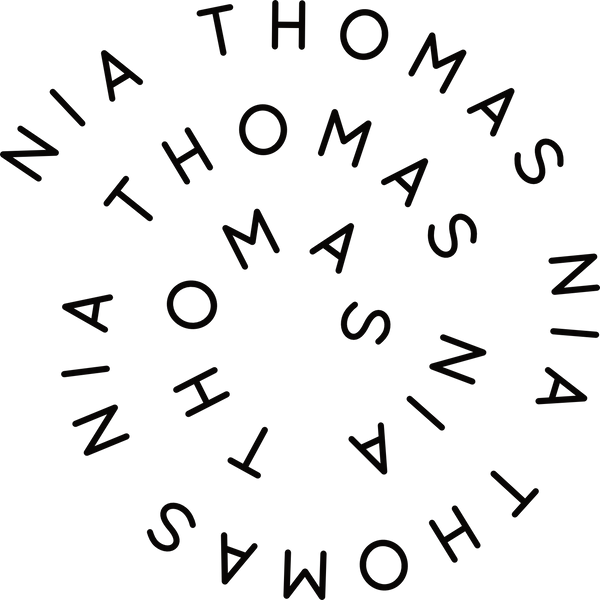OUR ETHICS
ETHICALLY CRAFTED, PURPOSEFUL DESIGN
As a Black woman-owned brand, Nia Thomas is redefining luxury fashion by blending sustainability with empowerment. Founded in 2018, we create collections that celebrate sensuality, strength, and individuality. Our goal is to craft garments that honor the female form, the artisans behind them, and the planet. Each piece is designed to make an impact, emphasizing ethical production, timeless beauty, and a powerful narrative woven into every design.
From basics produced locally in NYC to our handcrafted knitwear in Mexico and Peru, every Nia Thomas piece is born from collaboration with skilled artisans. We prioritize ethical production by working with female-led factories and using time-honored techniques, while minimizing our carbon footprint and supporting the local economies of the communities we partner with.
SUSTAINABILITY THROUGH NATURAL FIBERS
Sustainability is woven into every garment we create at Nia Thomas. Our designs focus on natural fibers—mulesing-free merino wool, TENCEL™ Modal, responsible cashmere, and silk—that are as gentle on the skin as they are on the earth. Unlike synthetics, these biodegradable fabrics break down naturally, making them a smarter, long-term choice for the planet. Our team meticulously tests each material for durability, ensuring that every garment is built to last and be loved.
PLANT-BASED DYES, COLOR THAT CARES
We give new life to fabric by using eco-friendly, plant-based dyes made from food scraps. This ancient dyeing technique not only adds depth and richness to each piece but also ensures our designs are gentle on your skin and the environment. Ingredients like indigo, cochineal, wild marigolds, and walnut husks produce vibrant colors without harming the earth. Synthetic dyes full of toxic chemicals are a thing of the past at Nia Thomas.
RESPONSIBLE SOURCING, CRUELTY-FREE PRACTICES
Nia Thomas is committed to cruelty-free fashion. We will never use animal furs or fibers that harm animals. Our merino wool is ethically sourced from free-range sheep in Uruguay, where mulesing is strictly avoided. We also use responsibly sourced alpaca wool from the Peruvian Andes, where alpacas are sheared annually to prevent heatstroke and ensure their well-being. Our silk is OEKO-TEX® certified, guaranteeing it’s free of harmful chemicals. Additionally, we use deadstock cashmere to reduce waste and minimize our environmental impact.
A PROMISE TO THE PLANET AND YOU
We are more than just a brand—we are a movement. Nia Thomas is committed to creating fashion that celebrates individuality and nurtures the earth. Through thoughtful design, ethical sourcing, and sustainable practices, we aim to positively impact both the fashion industry and the world. With every garment, we strive to build a future where fashion, artistry, and sustainability coexist harmoniously.
